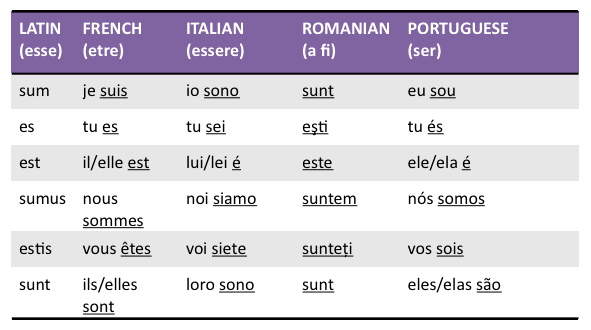Since this was our last lesson before out end-of-year test, we spent the majority of it revising the language work we'd covered this year. And here it is:
 |
| Click to enlarge |
Work on your revision sheets demonstrated that your grasp of the language is getting better and better...
 |
| Shantay |
 |
| Abiye |
 |
| Rebecca |
So, the following weeks look like this:
Friday 24th June (all day): trip to Museum of London
Friday 1st July: end-of-year test
Friday 8th July: INSET day, no school
Friday 15th July: Y9 taster Cambridge Latin Course lesson












